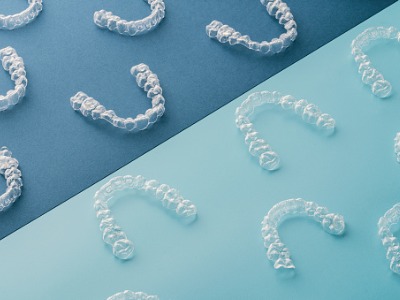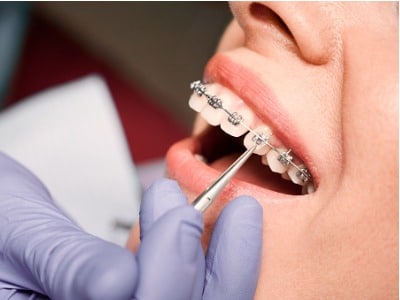
You may be wondering if dental X-rays are safe. Fortunately, they are! This is because these X-rays are used with low levels of radiation to capture images of the interior of your teeth and gums. These X-rays are incredibly important because they can help your dentist to identify problems such as cavities, tooth decay, and impacted teeth. Dental X-rays are typically performed yearly. However, they may happen more often if your dentist is monitoring a problem or performing dental treatment.




